 Picture this: You’re driving on the highway and push your car’s speed to the limit. Suddenly, a police officer pulls up behind you. Your heart races and stomach drops. You hold your breath as your eyes quickly dash to your car’s speedometer, double-checking your speed. Luckily, you aren’t going over the speed limit. Just as the butterflies in your stomach start to settle, red and blue lights start flashing behind you. You slow the car and come to a stop. The officer tells you that you were going far faster than you thought that you were. Turns out, your speedometer is out of calibration. Now, not only are you running late, but you also owe the state a couple hundred dollars.
Picture this: You’re driving on the highway and push your car’s speed to the limit. Suddenly, a police officer pulls up behind you. Your heart races and stomach drops. You hold your breath as your eyes quickly dash to your car’s speedometer, double-checking your speed. Luckily, you aren’t going over the speed limit. Just as the butterflies in your stomach start to settle, red and blue lights start flashing behind you. You slow the car and come to a stop. The officer tells you that you were going far faster than you thought that you were. Turns out, your speedometer is out of calibration. Now, not only are you running late, but you also owe the state a couple hundred dollars.
If your speedometer isn’t calibrated properly, you risk fines, damage to your vehicle, and endangering those around you. You may face similar consequences if your instrumentation is not calibrated at a regularly established interval. You could be subject to disciplinary action from regulatory bodies, damage to your instrument or surrounding equipment, or even harming building occupants by using equipment that is out of specification. Continue reading “The Importance of Choosing An Accredited Calibration Laboratory”
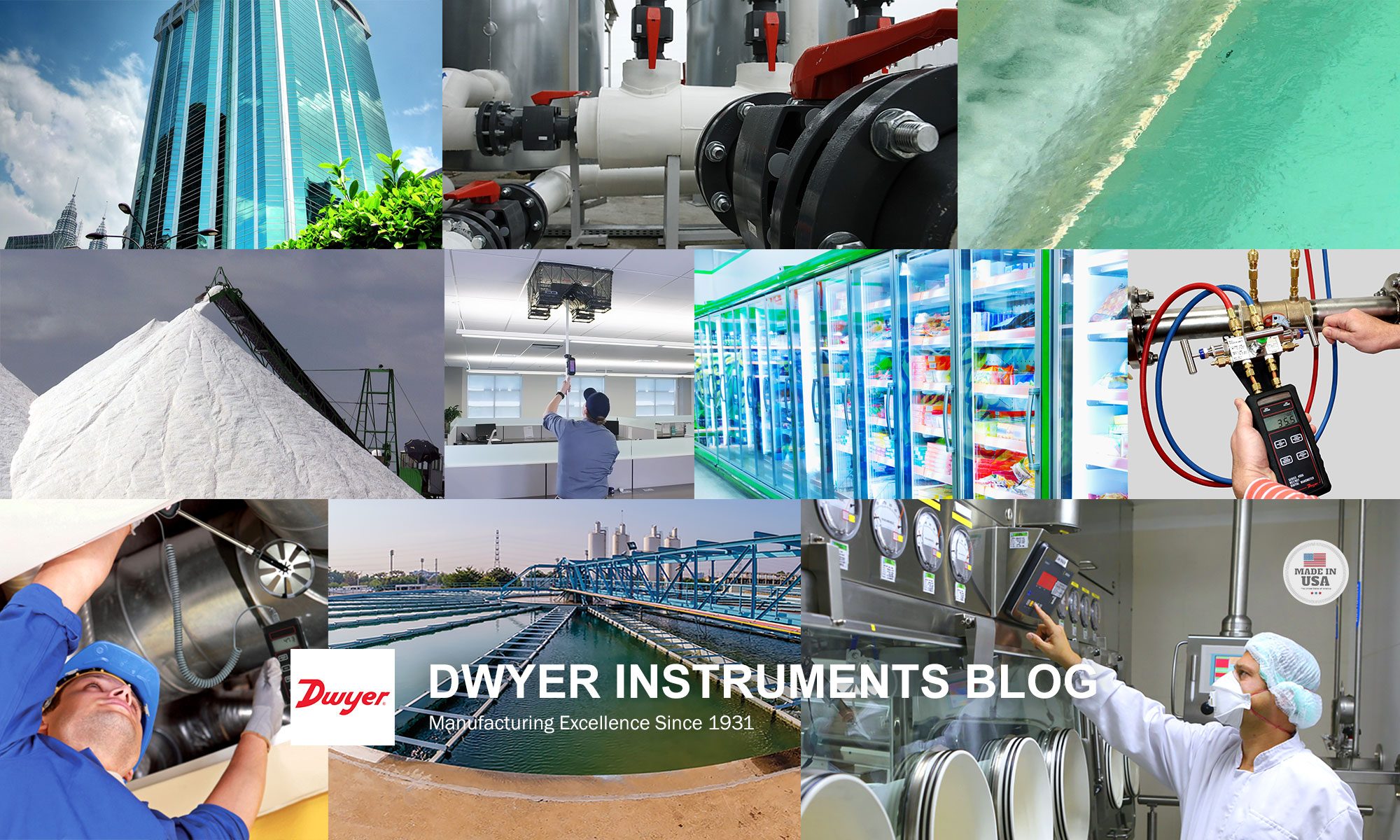
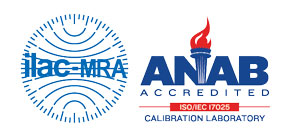

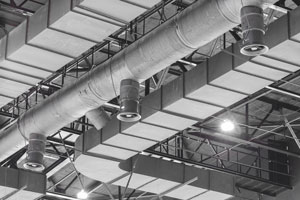
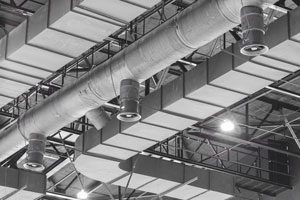 In HVAC systems, there are many different parameters that are commonly measured for system performance or building comfort. Some of the most commonly measured HVAC system parameters are temperature, air velocity, humidity and static pressure. Of those parameters, static pressure is extremely important in terms of system performance. Static pressure indicates how hard the HVAC system has to work to move air through the building or how much resistance to flow exists. The higher the static pressure, the harder the system has to work to move air through the building.
In HVAC systems, there are many different parameters that are commonly measured for system performance or building comfort. Some of the most commonly measured HVAC system parameters are temperature, air velocity, humidity and static pressure. Of those parameters, static pressure is extremely important in terms of system performance. Static pressure indicates how hard the HVAC system has to work to move air through the building or how much resistance to flow exists. The higher the static pressure, the harder the system has to work to move air through the building. 
 RoHS stands for the
RoHS stands for the 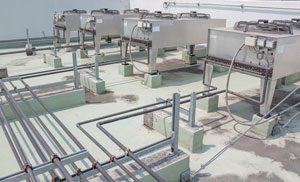 Air flow pressure switches and differential pressure switches work just like the light switches we have in our living rooms at home: when they are switched on, the switch makes contact, closes the circuit, and turns on. When they are switched off, the circuit is broken and power turns off. With air flow switches, instead of being manually switched, the air flow switch closes or opens the contact by reacting to changes in the air pressure at a pre-set actuation point, and turns on and off accordingly. These air pressure switches may be used to start/stop motors or fans, open/close dampers or louvers, sound alarms, and more.
Air flow pressure switches and differential pressure switches work just like the light switches we have in our living rooms at home: when they are switched on, the switch makes contact, closes the circuit, and turns on. When they are switched off, the circuit is broken and power turns off. With air flow switches, instead of being manually switched, the air flow switch closes or opens the contact by reacting to changes in the air pressure at a pre-set actuation point, and turns on and off accordingly. These air pressure switches may be used to start/stop motors or fans, open/close dampers or louvers, sound alarms, and more.